Many experts are expecting big advance in quantum computing in 2025, but what is a quantum chip and how does it work?



Scientists at Brown University have discovered a new class of quantum particles known as fractional excitons, which exhibit both fermion and boson characteristics.
This groundbreaking finding could pave the way for new phases of matter and enhance quantum computing by providing unique ways to manipulate quantum states.
Novel Quantum Particles Discovered
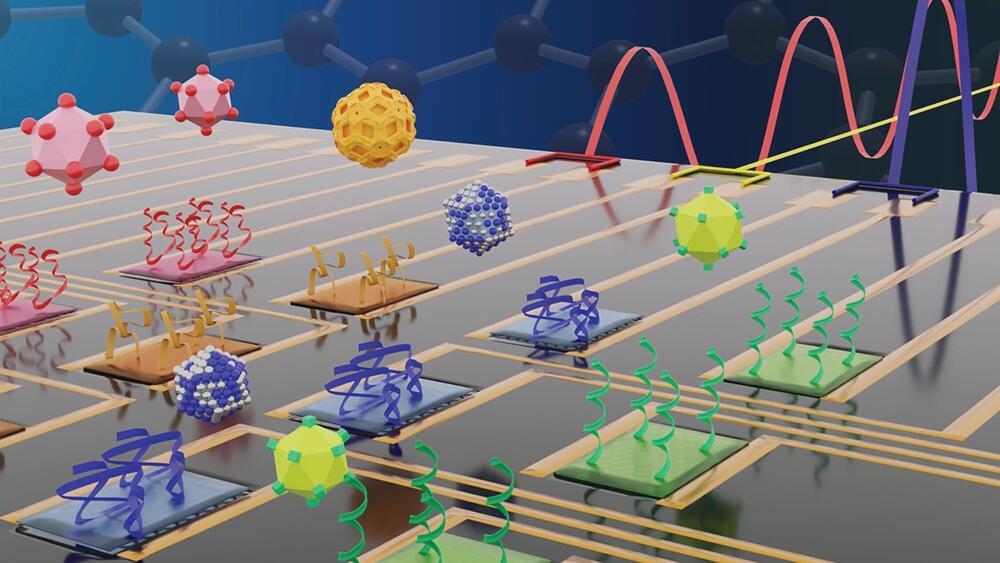
In a world grappling with a multitude of health threats—ranging from fast-spreading viruses to chronic diseases and drug-resistant bacteria—the need for quick, reliable, and easy-to-use home diagnostic tests has never been greater. Imagine a future where these tests can be done anywhere, by anyone, using a device as small and portable as your smartwatch. To do that, you need microchips capable of detecting miniscule concentrations of viruses or bacteria in the air.

Using this model, researchers may be able to identify antibody drugs that can target a variety of infectious diseases.
MIT researchers have developed a computational technique that allows large language models to predict antibody structures more accurately. Their work could enable researchers to sift through millions of possible antibodies to identify those that could be used to treat SARS-CoV-2 and other infectious diseases.
Check out the full article here: https://www.wevolver.com/article/a-new-computational-model-c…accurately.
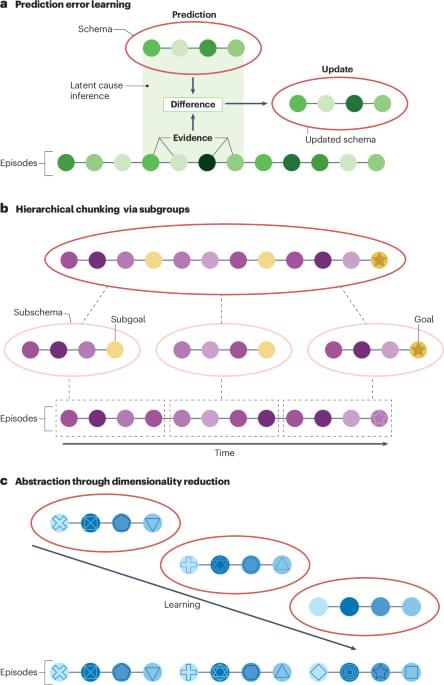
A computational account of how schemas are learned through experience is lacking. In this Perspective, Bein and Niv synthesize schema theory and reinforcement learning research to derive computational principles that might govern schema learning and then propose their mediation via dimensionality reduction in the medial prefrontal cortex.
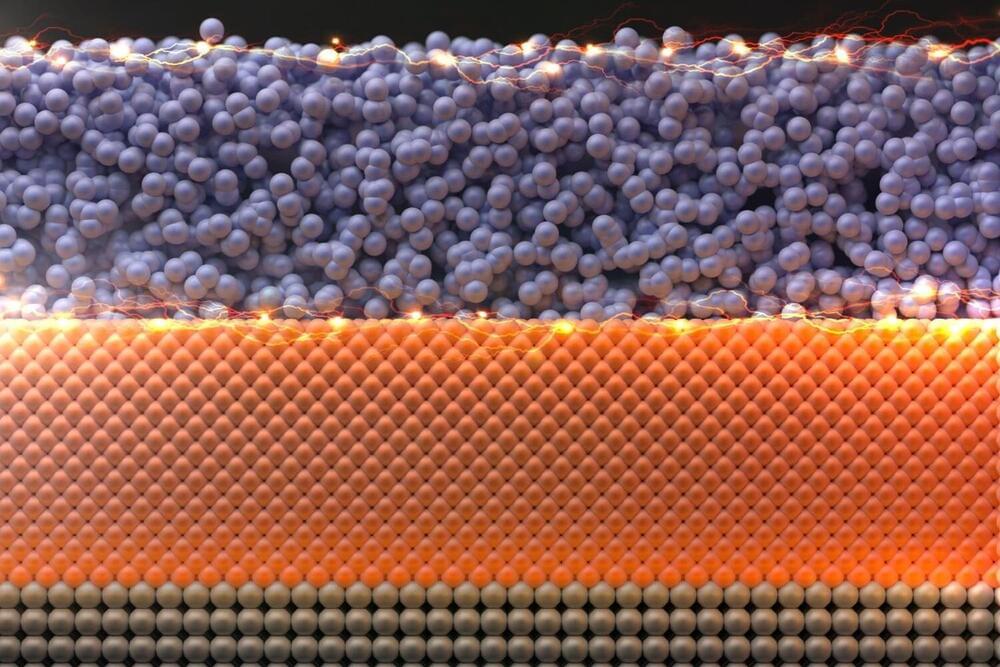
As computer chips continue to get smaller and more complex, the ultrathin metallic wires that carry electrical signals within these chips have become a weak link. Standard metal wires get worse at conducting electricity as they get thinner, ultimately limiting the size, efficiency, and performance of nanoscale electronics.
In a paper published in Science, Stanford researchers show that niobium phosphide can conduct electricity better than copper in films that are only a few atoms thick. Moreover, these films can be created and deposited at sufficiently low temperatures to be compatible with modern computer chip fabrication. Their work could help make future electronics more powerful and more energy efficient.
“We are breaking a fundamental bottleneck of traditional materials like copper,” said Asir Intisar Khan, who received his doctorate from Stanford and is now a visiting postdoctoral scholar and first author on the paper.

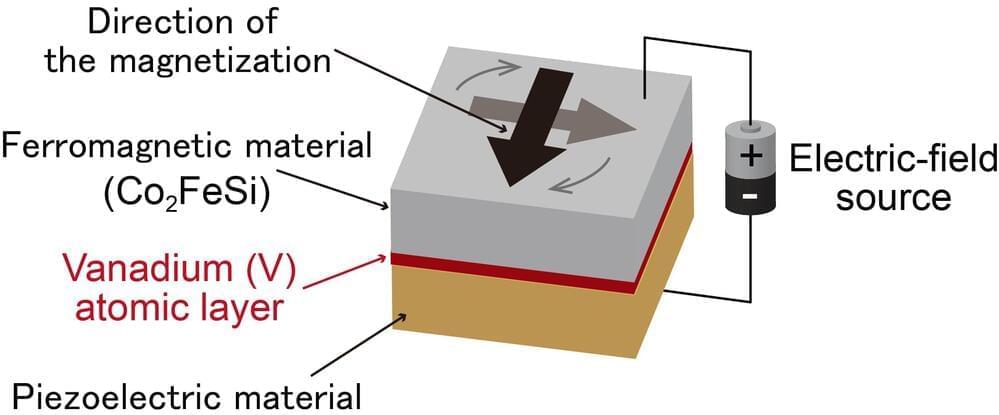
Numerous memory types for computing devices have emerged in recent years, aiming to overcome the limitations imposed by traditional random access memory (RAM). Magnetoresistive RAM (MRAM) is one such memory type which offers several advantages over conventional RAM, including its non-volatility, high speed, increased storage capacity and enhanced endurance.
Although remarkable improvements have been made to MRAM devices, reducing energy consumption during data writing remains a critical challenge.
A study published in Advanced Science by researchers from Osaka University proposes a new technology for MRAM devices with lower-energy data writing. The proposed technology enables an electric-field-based writing scheme with reduced energy consumption compared to the present current-based approach, potentially providing an alternative to traditional RAM.
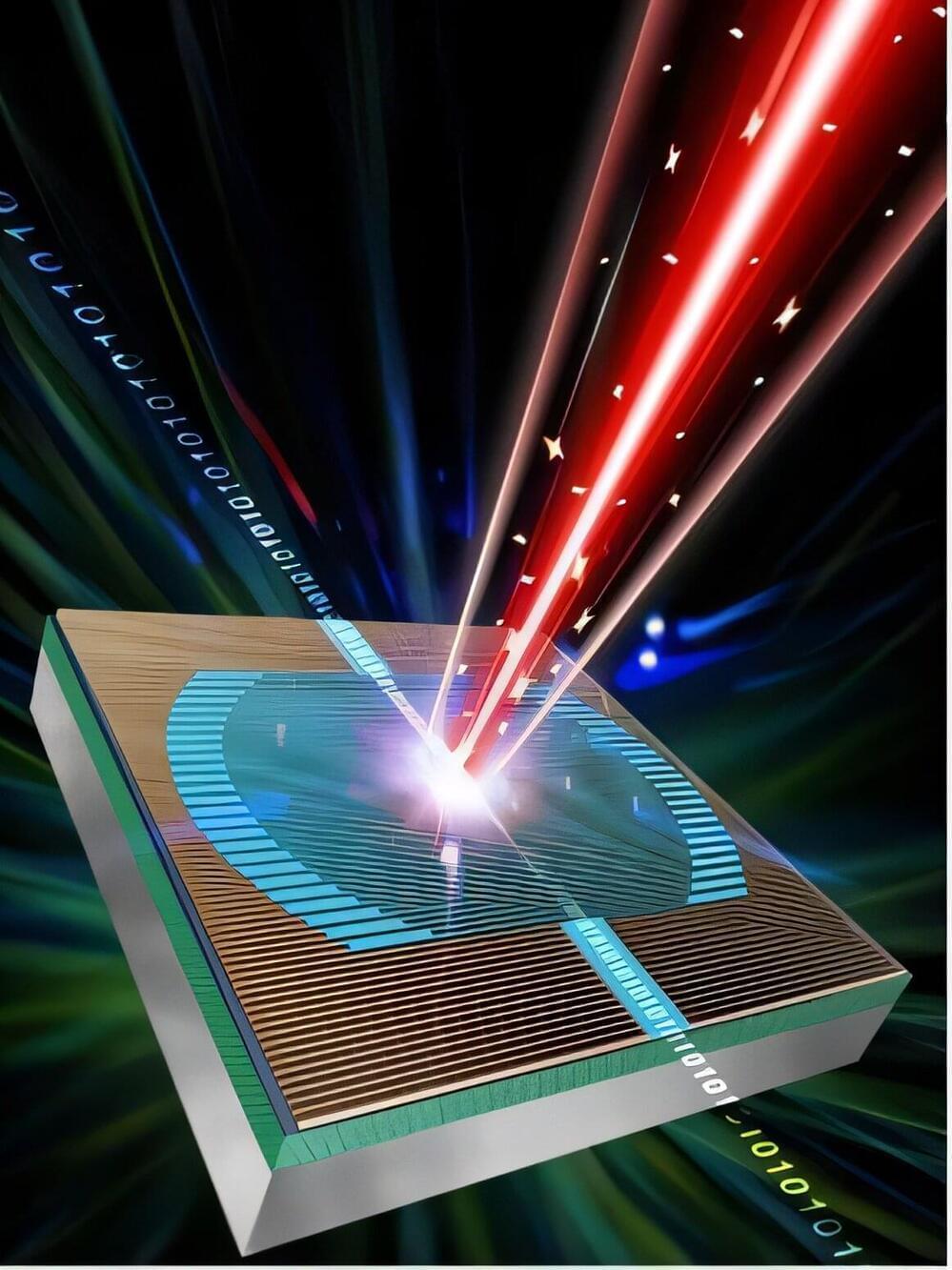
In quantum computers, information is often carried by single photons and picked up by structures named superconducting nanostrip single-photon detectors (SNSPDs). In principle, traditional type-I superconductors would be easier to integrate into existing quantum computing architectures than the type-II materials more widely used today. So far, however, this possibility hasn’t been widely explored.
New research published in Superconductivity shows how Lixing You and colleagues at the Chinese Academy of Sciences, Shanghai, China have for the first time successfully fabricated an SNSPD using thin films of the type-I superconductor, aluminum, and used the structure to detect single photons of visible light with extremely high efficiency.
Compared with the type-II superconductors more commonly used in SNSPDs so far, aluminum is more compatible with the latest quantum computing architectures.

Simulations of neutron stars provide new bounds on their properties, such as their internal pressure and their maximum mass.
Studying neutron stars is tricky. The nearest one is about 400 light-years away, so sending a probe would likely take half a million years with current space-faring technology. Telescopes don’t reveal much detail from our vantage point, since neutron stars are only the size of a small city and thus appear as mere points in the sky. And no laboratory on Earth can reproduce the inside of neutron stars, because their density is too great, being several times that of atomic nuclei. That high density also poses a problem for theory, as the equations for neutron-star matter cannot be solved with standard computational techniques. But these difficulties have not stopped efforts to understand these mysterious objects. Using a combination of theory-based methods and computer simulations, Ryan Abbott from MIT and colleagues have obtained new, rigorous constraints for the properties of the interior of neutron stars [1].